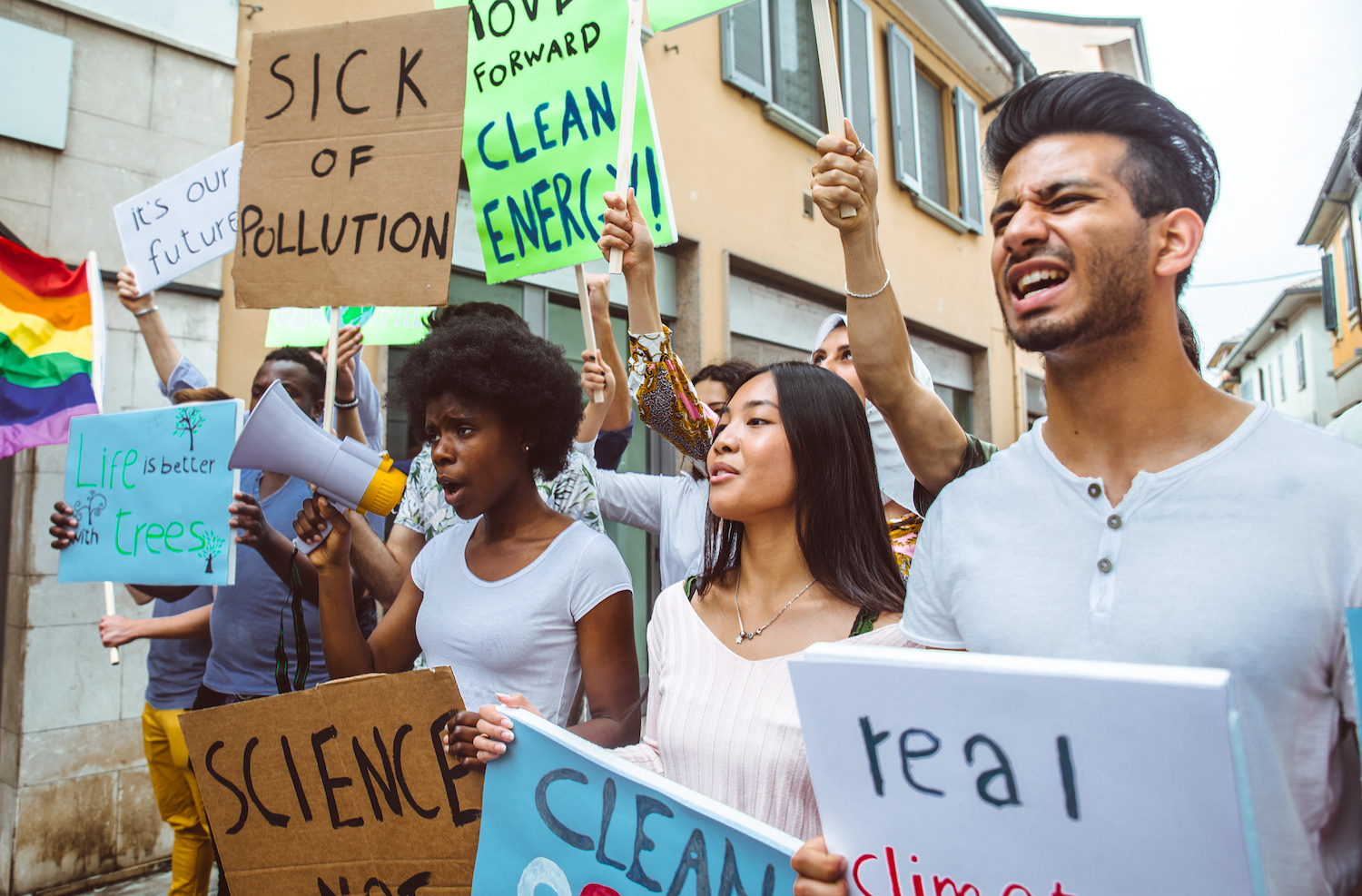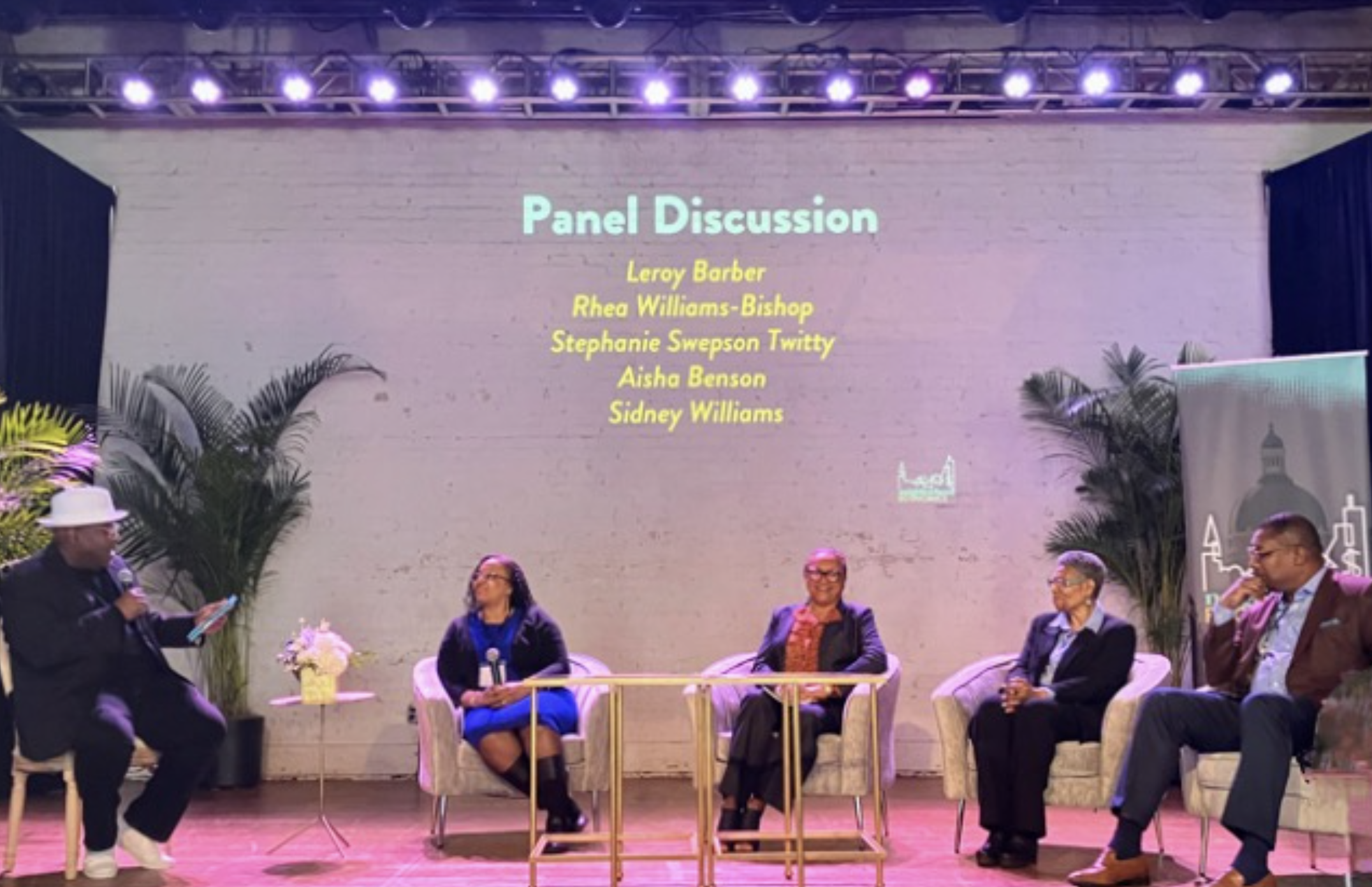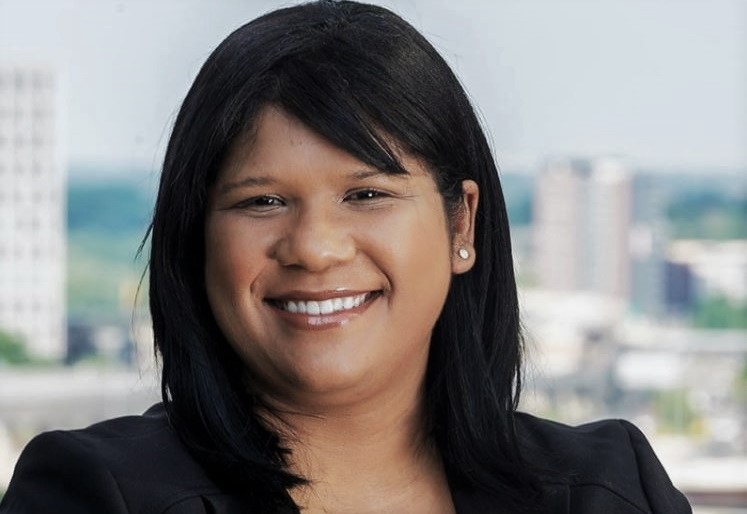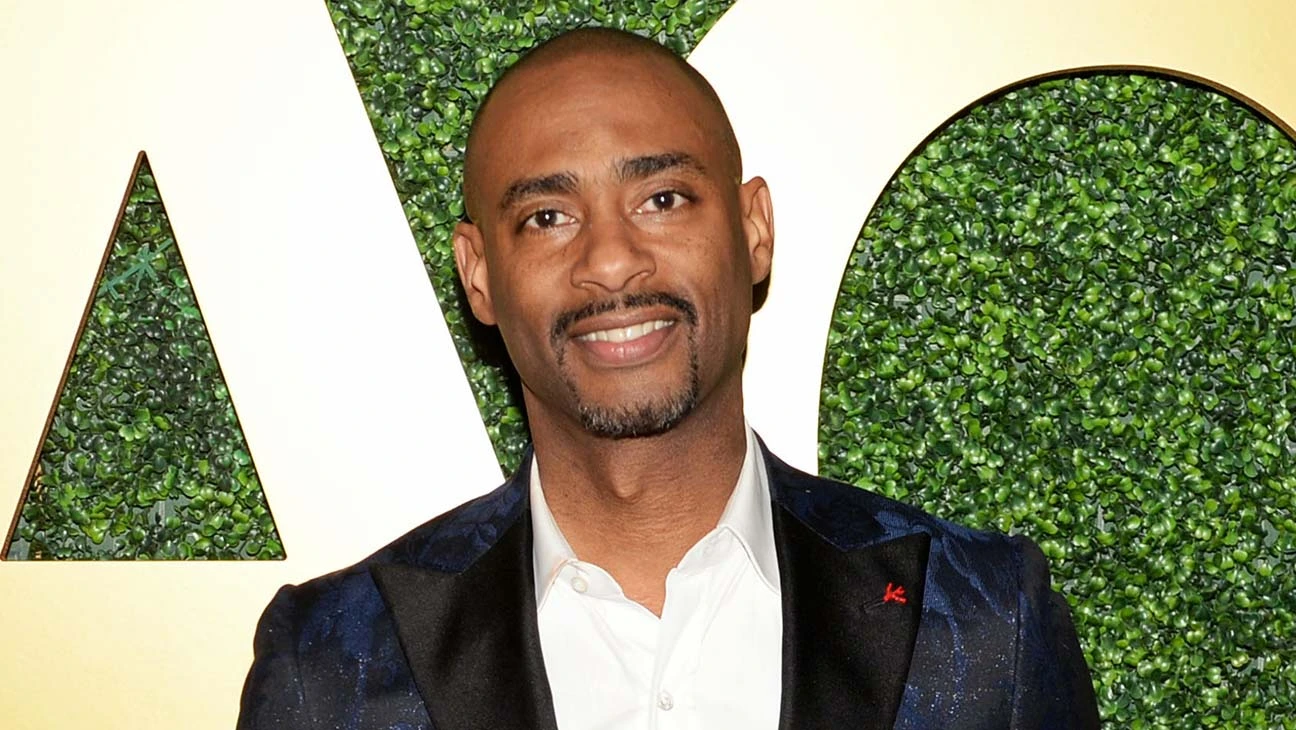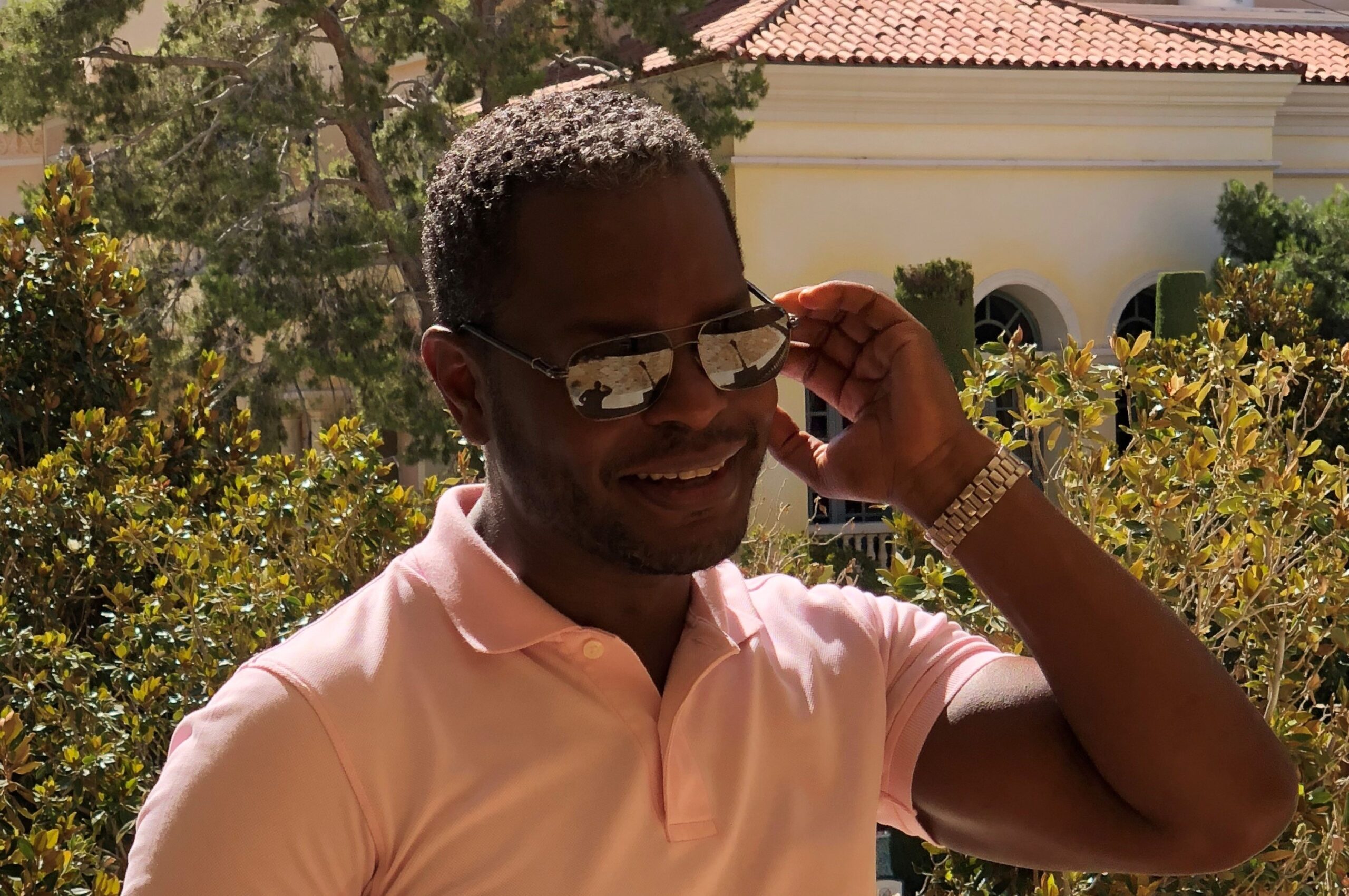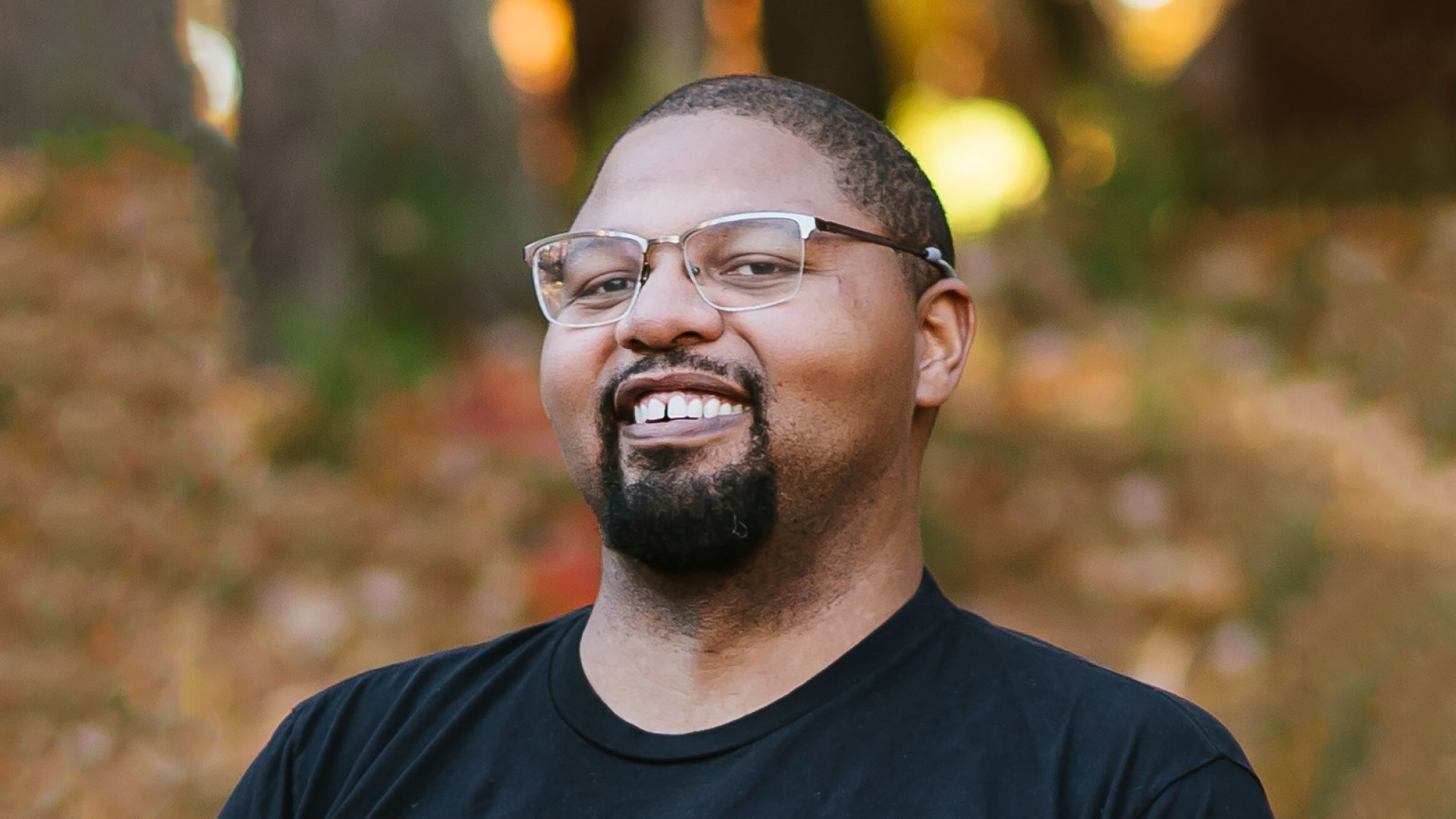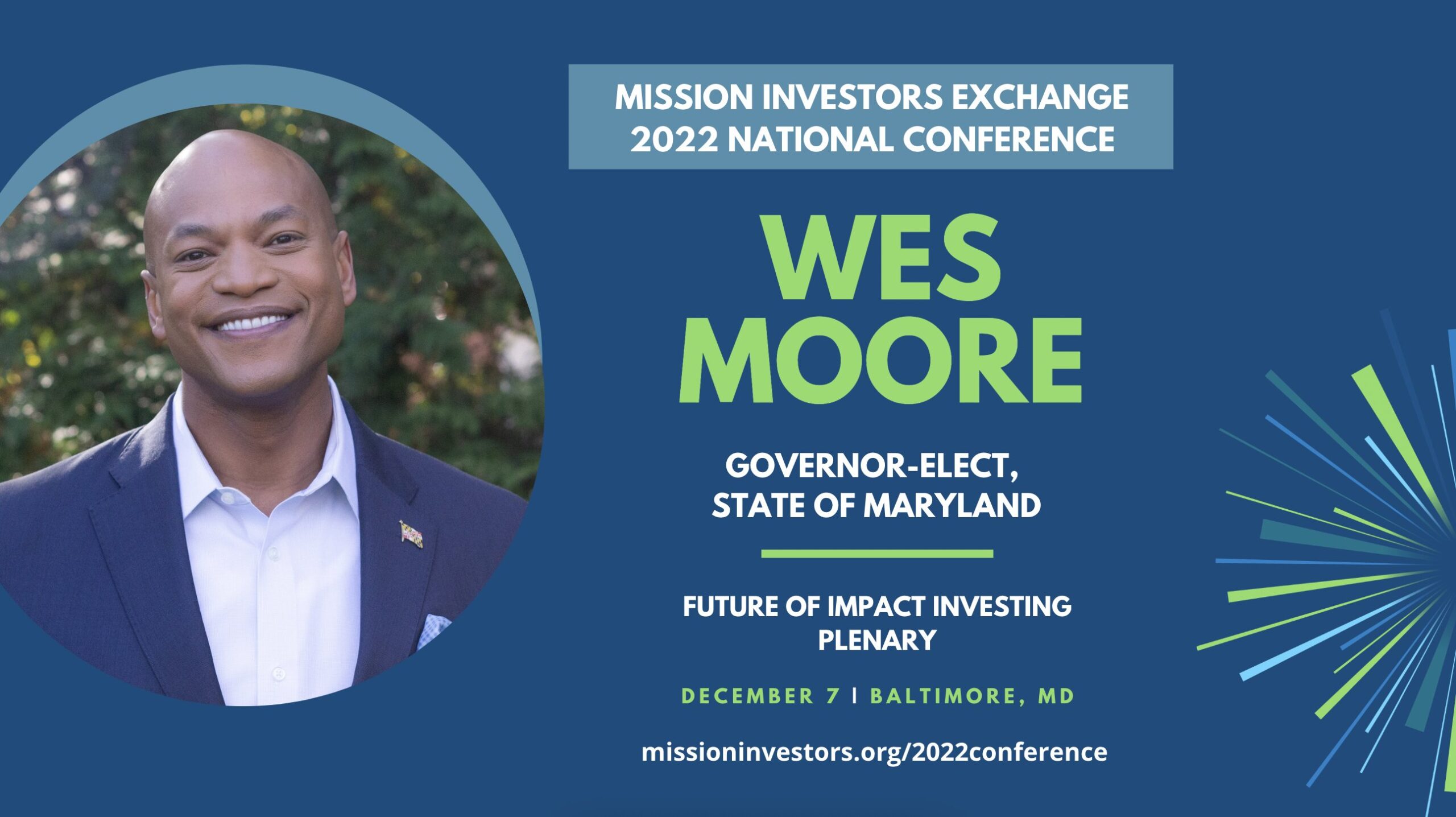ImpactAlpha Nov. 1 – Climate justice leaders are mobilizing their own Conferences of the Parties around the world as heads of government meet in Glasgow at COP26 this week.
Their demand: that people and communities most affected by climate change be central to climate solutions and decisionmaking.
Supporting many of the climate justice organizations is an effort by the Donors of Color Network to rally philanthropic funds to address systemic racial justice. The community of high net worth people of color launched a campaign and pledge in February calling on foundations to commit to directing at least 30% of their climate funding to these groups and to share their data on funding to BIPOC-led environmental justice groups.
“As a society, we’re not playing with all our players on the field when some of the most inspiring and effective climate action is being led by communities of color,” says Sharon Chen, a leader of the network with Ashindi Maxton and Danielle Deane-Ryan. “Think of Standing Rock and what that has inspired across the country.”
Groups doing that work are perpetually underfunded, and under-estimated, the three leaders told Monique on the latest Reconstruction podcast from ImpactAlpha. “As a society, we’re not doing what we need to do to move forward on collective action,” Chen said.
Three organizations among the top 40 largest donors have committed to the pledge. They are Kresge Foundation (which, at 33%, surpasses the target); Pisces Foundation (17%); and the Schmidt Family Foundation, which hasn’t yet shared their current numbers. Another 13 funders outside of the top 40 also committed.
Donors of Color Network this year received a major gift from MacKenzie Scott and attention as a result of the climate campaign. Donors of Color Action, a 501(c)(4) sister organization of the Network, mobilizes support for political leaders of color and funds projects dedicated to climate justice, culture change and democracy.
“The goal is really nothing less than shifting the center of gravity in politics and philanthropy, towards racial justice,” says Maxton, who is executive director of the Network and co-director of the Action group.
BIPOC leadership
In any given year, less than 2% of more than $1 billion in annual environmental philanthropy goes to organizations focused on environmental justice.
“We’re sitting in this moment, in which democracy is deeply threatened, the climate is deeply threatened. And they have everything to do with race,” says Maxton. “And you have a media and a political system that actually don’t know how to engage with race.”
“As a multiracial community, we have an immense amount to give, in terms of influence resources, grantmaking, elevating the voices of leaders of color towards shaping these systems that are at a historic moment of crisis and opportunity. To reshape them towards justice.”
Environmental justice organizations see people and planet as deeply interconnected and recognize that people with less structural power, including Black, Indigenous, and other communities of color, will bear the worst of pollution and climate change. They are often also led by and for people of color.
In contrast, “Big Green” groups – which receive the majority of funding from top funders – often don’t integrate justice for communities at the front lines of the environmental crisis into their organizational DNA.
Justice pledge
To spark change in the philanthropic community, the Network asked the top 40 funders of environmental causes to pledge to transparency and action. Funders that pledge action intend to direct at least 30% of their U.S. climate giving to environmental justice organizations that are led by and serving BIPOC communities.
To meet the Network’s definition of leadership, funded organizations must have both a board and leadership team that is over 50% BIPOC. Pledgers are expected to report quickly on results and follow up annually.
Along with the Kresge, Pisces and Schmidt Family foundations, another four of the top 40 have pledged only to transparency, not the 30% goal. They include the William and Flora Hewlett Foundation (10%), Barr Foundation (10%), The JPB Foundation (31%), and the John D. and Catherine T. MacArthur Foundation, which hasn’t shared data yet. The remainder have either declined to pledge, not responded, or are still considering.
“What we have found striking, though, is that most of the top funders haven’t yet made a decision,” says Deane-Ryan, a climate consultant to the Network. “They’re on the fence. “And our question is: what’s keeping them back?
“Because it’s very clear that if you care about an environmental movement that is strong – that’s able to mobilize the diversity of voices in the United States and is making sure that any policy that you design is informed by those that are most affected by climate change – you’re going to need the genius and the organizing power of communities of color.”
Climate innovation
Some foundations also focus on barriers to action, whether they are true or not.
“There’s an understandable but pernicious idea out there that ‘Oh, well, the people of color led organizations, they’re too small to deal with the big issues, or there’s not enough of them, it’s hard to find them, they’re just not enough in the pipeline’,” notes Chen. “We know that that’s usually not true, and that it’s a lack of imagination and habit that holds us as a society back in these issues.”
Funders also stereotype what people of color involved in environmental issues do, narrowing their role to activism while under-recognizing the role they play in science, technology, and innovation. To address this, the campaign website features BIPOC experts in environment as well as movement building organizations.
“We’ve taken away the excuse of ‘I don’t know where they are, I can’t find them. They are there,” says Deane-Ryan. “And, of course, foundations have billions of dollars in the bank, they could find them themselves. But this little campaign is making it easy for you, because we need speed, and we need scale.”
This podcast is part of ImpactAlpha’s podcast series, The Reconstruction. Find episodes of The Reconstruction podcast, and all of ImpactAlpha’s coverage of racial justice and inclusive prosperity, on The Reconstruction landing page.

